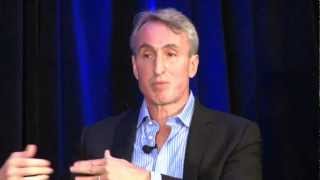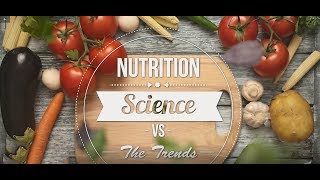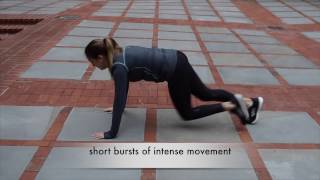Archive for July 2022
Diabetes and Heart Disease: Healthy Eating with Diabetes
A meal plan is your guide for when, what, and how much to eat to get the nutrition you need while keeping your blood sugar levels in your target range. A good meal plan will consider your goals, tastes, and lifestyle, as well as any medicines you’re taking. A good meal plan will also: Include…
Read MoreDiabetes Q&A – Wellness Your Way | Healthy Tips | Kroger
https://www.diabetesfoodhub.org/articles/safe-grocery-shopping-tips-for-people-with-diabetes.html
Read MoreHow FASTING Can Help You LOSE WEIGHT, LIVE LONGER, and THINK CLEARER
Fasting for a few days probably won’t hurt most people who are healthy, provided they don’t get dehydrated. Your body needs vitamins, minerals, and other nutrients from food to stay healthy. If you don’t get enough, you can have symptoms such as fatigue, dizziness, constipation, dehydration, and not being able to tolerate cold temperatures. Other people who should not fast…
Read MoreHow to Reduce Depression/Anxiety With Intermittent Fasting
Intermittent fasting is great for lowering blood sugar, insulin, and inflammation but it’s not going to lower cortisol. Quite the opposite. Fasting is a physiological stressor like anything else your body may come across. It creates a similar effect on the body as exercise, screaming at others, running from predators, or being anxious. If your…
Read MoreShould I Workout While I am Fasting? – Dr. Berg Answers!
ust like fasting itself, maximizing your intermittent fasting workout routine ultimately boils down to your body’s specific needs, but it’s also informed by your particular workout goals and the food you consume when you’re not fasting. The daytime period during which you eat is known as the fueling window; a key question is whether to workout before, during or after that…
Read MoreIs Fasting Healthy and Other Diet Questions Answered | Dr. Neal Barnard on The Exam Room LIVE
Eat Stop Eat is an unconventional approach to intermittent fasting popularized by Brad Pilon, author of the book “Eat Stop Eat.” This intermittent fasting plan involves identifying one or two non-consecutive days per week during which you abstain from eating, or fast, for a 24-hour period. During the remaining days of the week, you can eat…
Read MoreAmazing New Study Reveals Miracle Benefits Of Fasting
Intermittent fasting means that you don’t eat for a period of time each day or week. Some popular approaches to intermittent fasting include: Alternate-day fasting. Eat a normal diet one day and either completely fast or have one small meal (less than 500 calories) the next day. 5:2 fasting. Eat a normal diet five days a week…
Read MoreThis Woman Uses Holistic Care To Treat Her Cancer
A ketogenic diet allows the body to turn fat into fuel (form ketones) in a physiological process which does not burden the cell’s powerhouses known as mitochondria. Typically, mitochondria create energy from glucose found in abundance in our carbohydrate-intensive diets. The ketogenic diet is low in carbohydrates and high in good fats. A ketogenic diet…
Read MoreAquariums Relieve Stress for Cancer Patients
https://www.thesprucepets.com/therapeutic-health-benefits-of-aquariums-2921378
Read MoreVigorous Exercise May Help Cancer Patients And Survivors
The American Cancer Society has a Nutrition and Physical Activity Guideline for Cancer Survivors. These Guidelines call for cancer survivors to: : Avoid inactivity and return to normal daily activities as soon as possible after diagnosis and treatment. Take part in regular physical activity. Start slowly and build up the amount of physical activity over…
Read More









